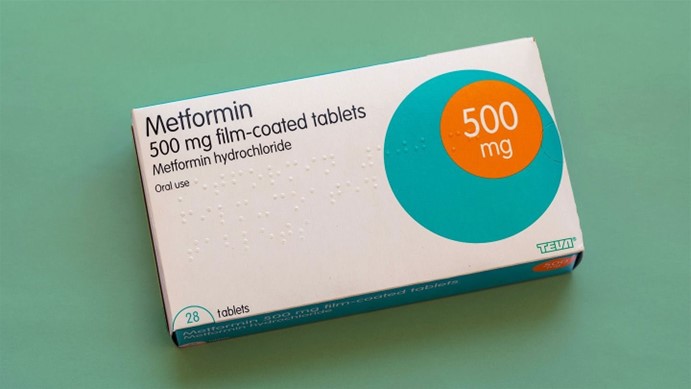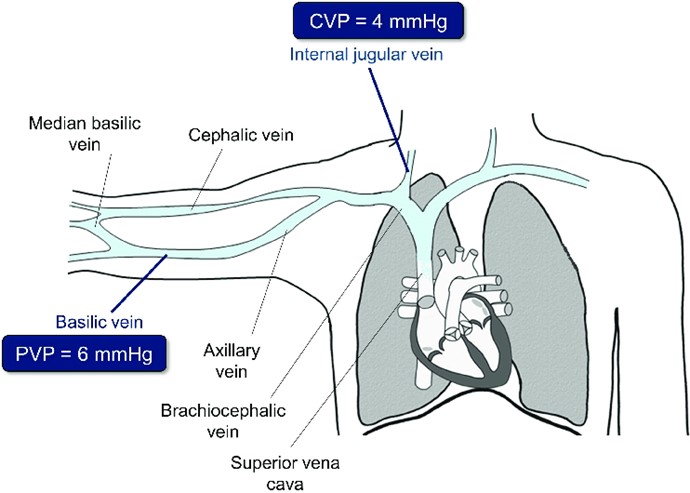A nurse is reviewing a client's laboratory values. Which of the following values should the nurse report to the provider?
Hct 45%
Platelets 160,000/mm³
WBC 1,700/mm³
Hgb 14.7 g/dL
The Correct Answer is C
Choice A: Hct 45% is not a value that the nurse should report to the provider. Hct, or hematocrit, is the percentage of red blood cells in the total blood volume. The normal range for Hct is 37% to 51% for men and 32% to 45% for women. Hct 45% is within the normal range and does not indicate any abnormality.
Choice B: Platelets 160,000/mm³ is not a value that the nurse should report to the provider. Platelets, or thrombocytes, are cell fragments that help with blood clotting and hemostasis. The normal range for platelets is 150,000 to 450,000/mm³. Platelets 160,000/mm³ is within the normal range and does not indicate any abnormality.
Choice C: WBC 1,700/mm³ is a value that the nurse should report to the provider. WBC, or white blood cells, are cells that fight infection and inflammation. The normal range for WBC is 4,500 to 11,000/mm³. WBC 1,700/mm³ is below the normal range and indicates leukopenia, which is a low number of white blood cells. Leukopenia can be caused by various conditions, such as viral infections, autoimmune disorders, bone marrow suppression, or chemotherapy. Leukopenia can increase the risk of infection and sepsis and requires prompt evaluation and treatment.
Choice D: Hgb 14.7 g/dL is not a value that the nurse should report to the provider. Hgb, or hemoglobin, is a protein in red blood cells that carries oxygen to the tissues. The normal range for Hgb is 13.5 to 17.5 g/dL for men and 12.0 to 15.5 g/dL for women. Hgb 14.7 g/dL is within the normal range and does not indicate any abnormality.
Nursing Test Bank
Naxlex Comprehensive Predictor Exams
Related Questions
Correct Answer is D
Explanation
Choice A: Carvedilol is not a medication that interacts with contrast material and places the client at risk for acute kidney injury. Carvedilol is a beta-blocker that lowers blood pressure and heart rate by blocking the effects of adrenaline on the heart and blood vessels. Carvedilol does not affect kidney function or contrast excretion, but it can cause hypotension, bradycardia, or heart failure in some clients.
Choice B: Nitroglycerin is not a medication that interacts with contrast material and places the client at risk for acute kidney injury. Nitroglycerin is a vasodilator that relaxes the smooth muscles of the blood vessels and increases blood flow to the heart. Nitroglycerin does not affect kidney function or contrast excretion, but it can cause hypotension, headache, or flushing in some clients.
Choice C: Atorvastatin is not a medication that interacts with contrast material and places the client at risk for acute kidney injury. Atorvastatin is a statin that lowers cholesterol levels by inhibiting an enzyme that produces cholesterol in the liver. Atorvastatin does not affect kidney function or contrast excretion, but it can cause liver damage, muscle pain, or rhabdomyolysis in some clients.
Choice D: Metformin is a medication that interacts with contrast material and places the client at risk for acute kidney injury. Metformin is an oral antidiabetic drug that lowers blood glucose levels by decreasing hepatic glucose production and increasing insulin sensitivity. Metformin can accumulate in the kidneys and cause lactic acidosis, a life-threatening condition characterized by high levels of lactic acid in the blood. Contrast material can worsen kidney function and increase the risk of lactic acidosis in clients taking metformin. Therefore, metformin should be discontinued before and after the procedure as prescribed.

Correct Answer is D
Explanation
Choice A: Decreased specific gravity is not a finding of right-sided heart failure. Specific gravity is a measure of urine concentration, which can be affected by fluid intake, dehydration, kidney function, and diuretic use. Right-sided heart failure does not directly affect urine concentration, but it can cause fluid retention and edema in the body.
Choice B: Decreased brain natriuretic peptide (BNP) is not a finding of right-sided heart failure. BNP is a hormone that is released by the heart when it is stretched or overloaded. BNP helps to lower blood pressure and reduce fluid volume by increasing urine output and dilating blood vessels. BNP levels are elevated in both left-sided and right- sided heart failure, as the heart is under increased pressure and volume.
Choice C: Increased pulmonary artery wedge pressure (PAWP) is not a finding of right-sided heart failure. PAWP is a measure of the pressure in the left atrium, which reflects the pressure in the pulmonary capillaries. PAWP is elevated in left-sided heart failure, as the blood backs up in the lungs due to impaired left ventricular function. PAWP is normal or low in right-sided heart failure, as the blood backs up in the systemic circulation due to impaired right ventricular function.
Choice D: Elevated central venous pressure (CVP) is a finding of right-sided heart failure. CVP is a measure of the pressure in the right atrium, which reflects the pressure in the systemic venous system. CVP is elevated in right-sided heart failure, as the blood backs up in the body due to impaired right ventricular function. CVP can cause jugular venous distension, hepatomegaly, splenomegaly, ascites, and peripheral edema.

Whether you are a student looking to ace your exams or a practicing nurse seeking to enhance your expertise , our nursing education contents will empower you with the confidence and competence to make a difference in the lives of patients and become a respected leader in the healthcare field.
Visit Naxlex, invest in your future and unlock endless possibilities with our unparalleled nursing education contents today
Report Wrong Answer on the Current Question
Do you disagree with the answer? If yes, what is your expected answer? Explain.
Kindly be descriptive with the issue you are facing.
